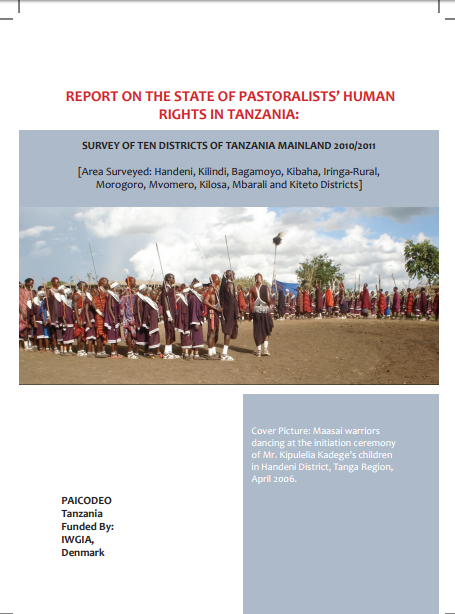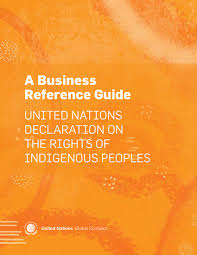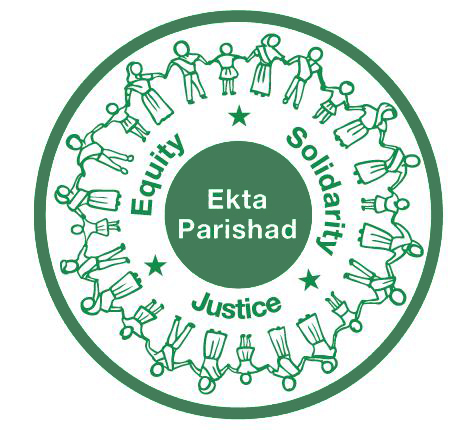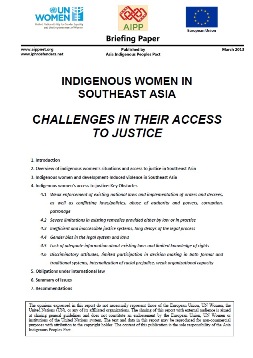Republic of Ecuador Country Environmental Analysis : Environmental Quality and Natural Resource Management for Sustained Economic Growth and Poverty Alleviation
Ecuador is a country with exceptional
natural resource and environmental advantages and
challenges. It is strategically located and has considerable
oil reserves in the interior and the coastal region. This
document does not aim to describe the state of the
environment in Ecuador. Rather, its main objective is to
provide an analytical foundation to identify the
country's institutional weaknesses and provide








